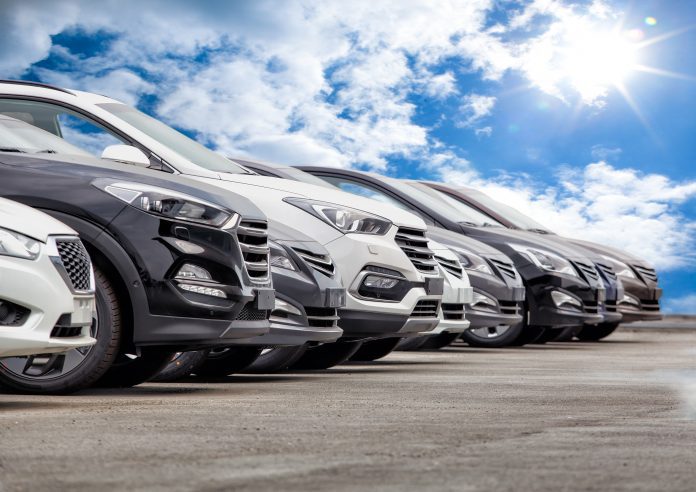For majority of last year, used car prices slowly and drastically declined. Unfortunately for consumers, that may soon change.
According to Manheim, the largest wholesale automobile marketplace, prices rose 4% in just two weeks, which is an exceptionally substantial increase in such a short time. While many in the industry expected the price drop to be temporary, the abrupt increase caught many by surprise.
Yet, with the hectic selling season for used cars only a few months away, which is determined by potential buyers receiving their tax refunds, dealers are scrambling to restore stocks. Which results in prices rising.
The labor market saw companies unexpectedly add over 500,000 jobs in January, which also fuels the demand for used cars. Ivan Drury, Edmunds‘ Head of Insights, notes, “If you want to point to one factor that drives demand for cars, it’s jobs,” “If you have a job, you have a car.”
However, even though the labor market and consumer spending are strong now, there are still concerns about a looming recession. The Federal Reserve is certain to keep hiking interest rates, at least in the short run, raising the cost of auto loans and the financing used by car dealers to purchase their own stocks.
The decline in used car prices has been a big contributor to the slowdown of inflation, but a sustained rise in used car prices may make it more difficult for the Fed to scale back rate hikes.
According to the consumer price index, overall prices are up 6.4% in the last year, but that number has declined for seven months in a row. Yet, prices would have risen 6.9% over the same 12-month period if used car prices had not fallen so dramatically and instead remained steady.
Did you enjoy this article? Please share your thoughts, comments, or questions regarding this topic by connecting with us at newsroom@cbtnews.com.
Be sure to follow us on Facebook, LinkedIn, and TikTok to stay up to date.
While you’re here, don’t forget to subscribe to our email newsletter for all the latest auto industry news from CBT News.



